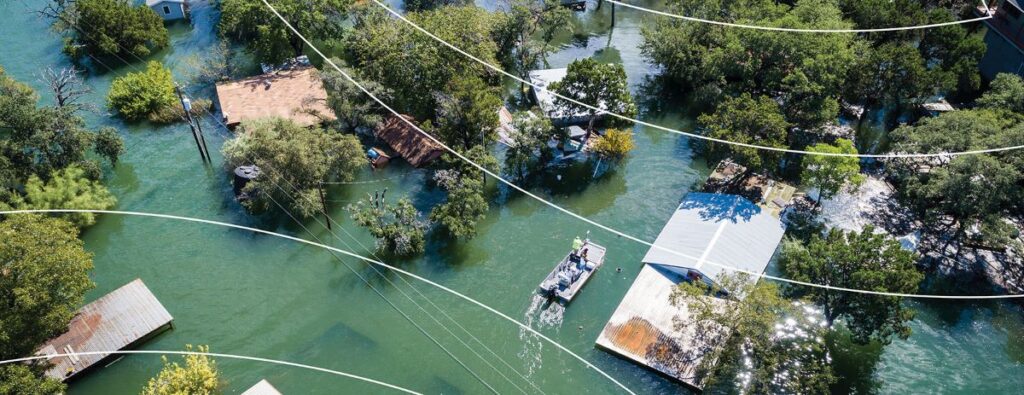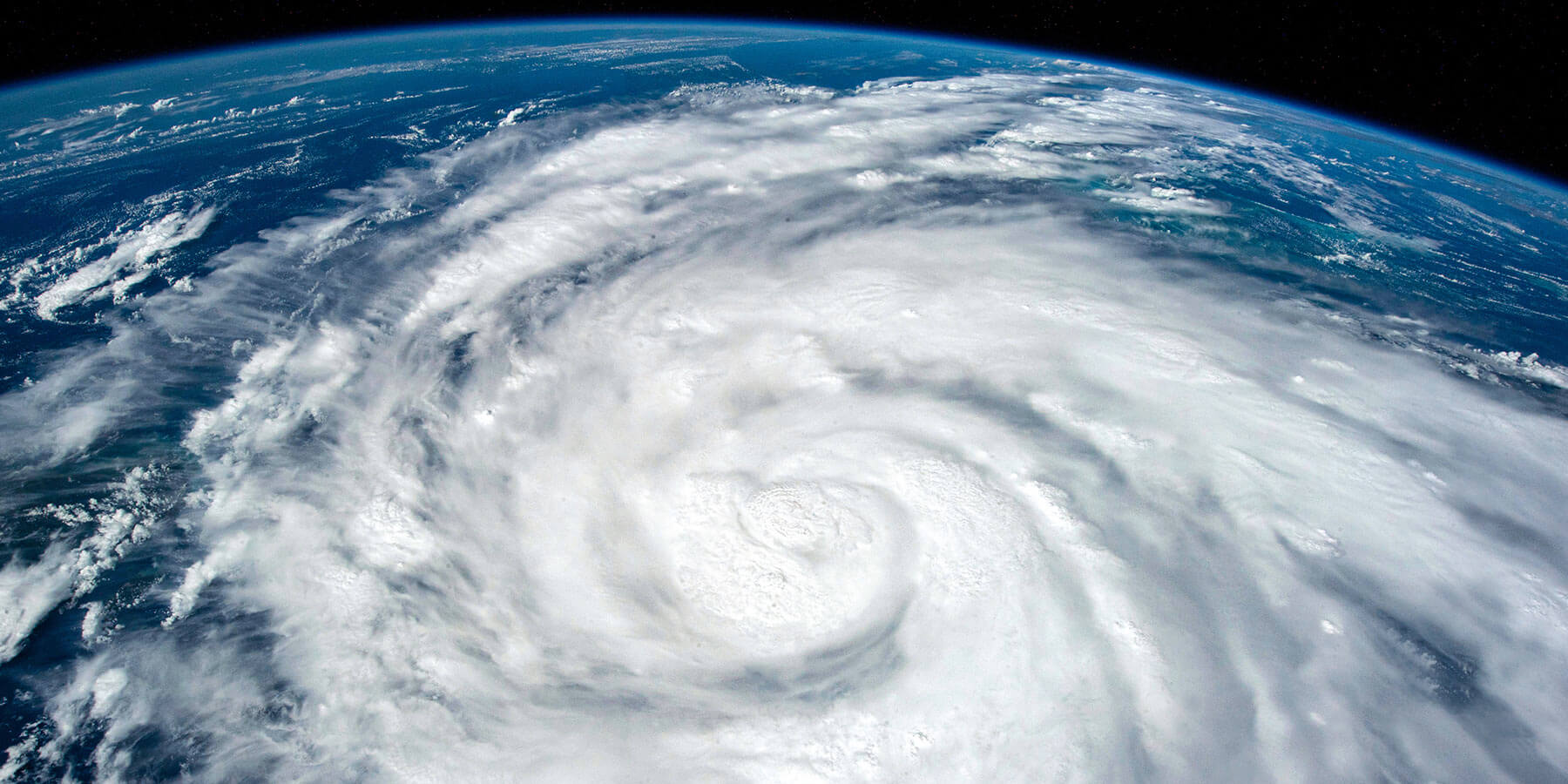Emergency management consulting jobs are on the rise, reflecting an increasing awareness of the need for preparedness and resilience in the face of disasters. This article discusses why careers in emergency management consulting are emerging as critical components of public safety and community resilience.
The Rising Demand for Emergency Management Consultants

The demand for emergency management consultants is on a significant upswing as the global landscape grapples with unprecedented challenges. Here’s a more detailed look at the factors fueling this demand.
Pandemics
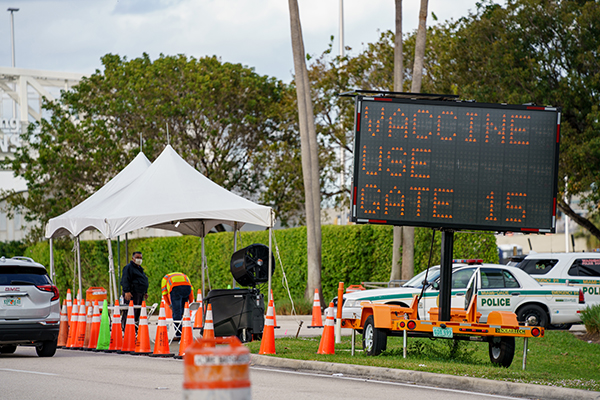
The COVID-19 pandemic underscored the importance of robust emergency management systems capable of handling large-scale health crises. Emergency management consultants have been instrumental in developing and implementing comprehensive response plans that address public health guidance, emergency medical services, and the coordination of resources.
Their expertise helps communities navigate the complexities of pandemics, from initial outbreak response to long-term recovery and prevention strategies.
Technological Hazards

As technological advancements continue to shape every aspect of modern life, they also introduce new vulnerabilities, including cybersecurity threats and the potential for tech-related accidents.
Emergency management consultants specialize in assessing these risks and developing contingency plans that protect against and mitigate the impacts of such hazards. Their work ensures businesses, governments, and communities remain resilient in the face of technological disruptions.
Building Resilience
Emergency management consultants employ a holistic approach to disaster preparedness, combining risk assessment, crisis communication, and post-disaster mitigation measures during recovery planning. This comprehensive methodology is crucial for developing strategies that address the multifaceted nature of disasters today and building the resilient communities of tomorrow.
Consultants work closely with stakeholders across various sectors to tailor emergency plans that are both effective and adaptable, highlighting the importance of preparedness in safeguarding our future.
The Role of Emergency Management Consultants
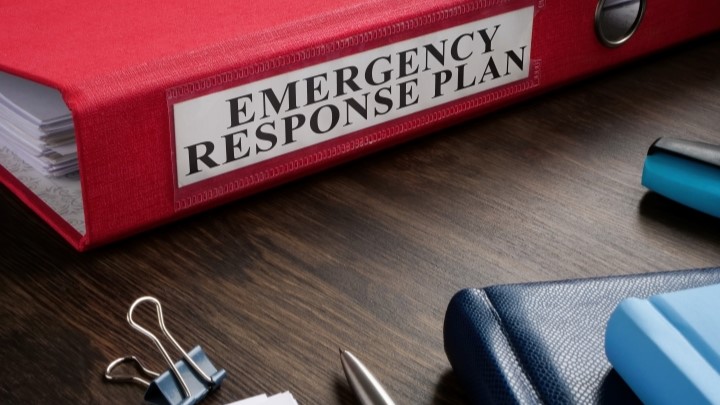
The job of an emergency management consultant is multifaceted, encompassing risk analysis, disaster planning, training, and regulatory compliance.
They serve as the linchpin between theoretical knowledge and practical application, ensuring preparedness plans are scientifically sound and pragmatically viable. From working in disaster recovery consulting for local and state governments, to navigating the legal and ethical terrain of emergency management, consultants need to be adaptable and knowledgeable on various skills and industries.
Their expertise in navigating the regulatory landscape further enhances their value, making them well-positioned to create safer, more resilient communities.
Pathways to Becoming an Emergency Management Consultant
Embarking on a career as an emergency management consultant involves a strategic blend of academic and practical experiences. To effectively prepare for this dynamic field, aspiring consultants must navigate through several key steps:
Formal Education
Obtaining a degree in emergency management, public health, environmental science, or a related field provides the foundational knowledge necessary for this profession. Numerous universities offer specialized programs in emergency management, such as:
- University of North Texas: Offers a Bachelor of Science in Emergency Administration and Planning.
- Arizona State University: Provides a Master of Arts in Emergency Management and Homeland Security.
- George Washington University: Features a Master of Science in Engineering Management with a focus on Crisis, Emergency, and Risk Management.
- Tulane University: Offers a Master of Public Health in Disaster Management.
- University of Maryland, Baltimore County: Provides a Bachelor of Arts in Emergency Health Services.
For a comprehensive list of institutions offering emergency management programs, visit FEMA’s Higher Education College List.
Practical Experience
Engage in internships, volunteer opportunities, and entry-level positions within emergency management organizations to build hands-on skills. Agencies like FEMA, the American Red Cross, and local emergency management departments often provide valuable practical experiences.
Crisis Communication
Develop the ability to communicate effectively under pressure, a critical skill for managing emergencies. This includes mastering public speaking, media relations, and stakeholder communication.
Risk Assessment Expertise
Learn to identify and analyze potential threats to inform prevention and mitigation strategies. This involves understanding natural, technological, and human-caused hazards.
Strategic Planning Skills
Master the art of developing and implementing comprehensive emergency plans. Strategic planning involves coordination among multiple stakeholders and the integration of various response and recovery strategies.
Continuous Professional Development
Stay abreast of the latest trends, technologies, and best practices in the field through continuous professional development. Notable resources include:
- FEMA Training: Offers both free and paid training programs. Online courses are available through the Emergency Management Institute (EMI), and in-person training is conducted at FEMA’s training facilities.
- CERT: The Community Emergency Response Team (CERT) program offers a consistent, nationwide approach to volunteer training and organization that professional responders can rely on during a disaster situation. Search for a program, register your group, and stay connected in your neighborhood!
- IAEM’s CEM Certification: The International Association of Emergency Managers offers the Certified Emergency Manager (CEM) designation, a prestigious certification that validates expertise and experience.
- American Red Cross: Provides training in disaster preparedness and response, including certifications in first aid, CPR, and emergency response.
These steps highlight the multi-faceted approach required to build a career in emergency management consulting, emphasizing the importance of continuous learning and professional development for jobs in this field. By combining formal education, practical experience, and ongoing professional growth, aspiring consultants can effectively prepare for the challenges and opportunities in this dynamic field.
Forging a Resilient Future Through Expertise
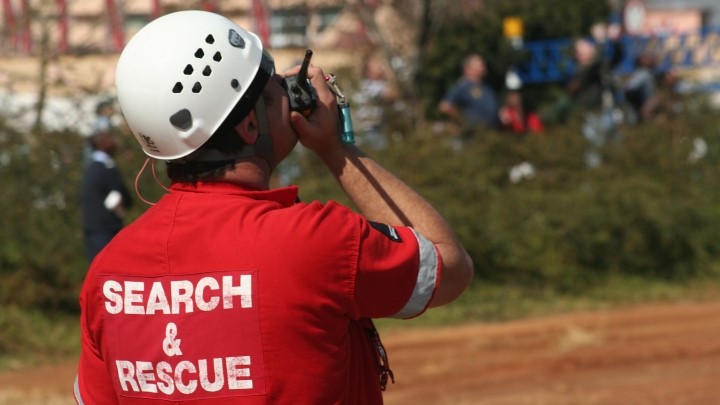
Emergency management consulting jobs represent a critical, evolving field that stands at the intersection of technology, humanity, and resilience.
For those inspired to contribute to a safer, more resilient future, consider exploring a career in emergency management consulting. Learn more about how you can make a difference by reviewing Tidal Basin’s current openings.
